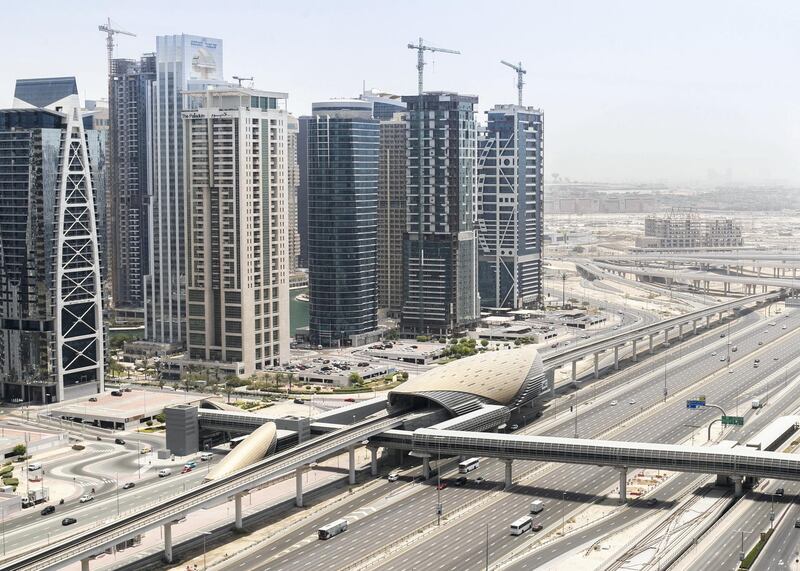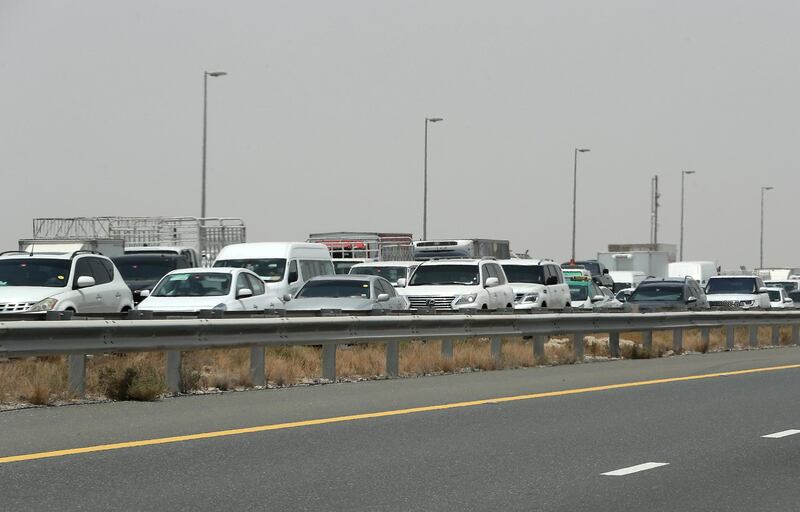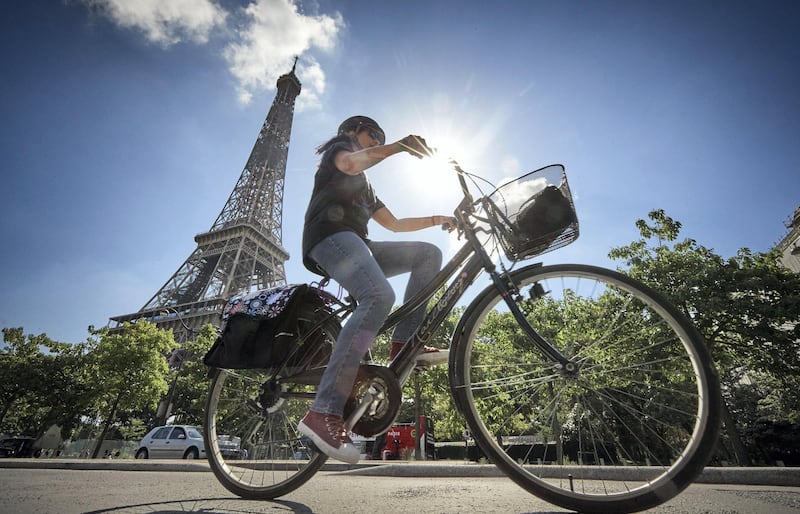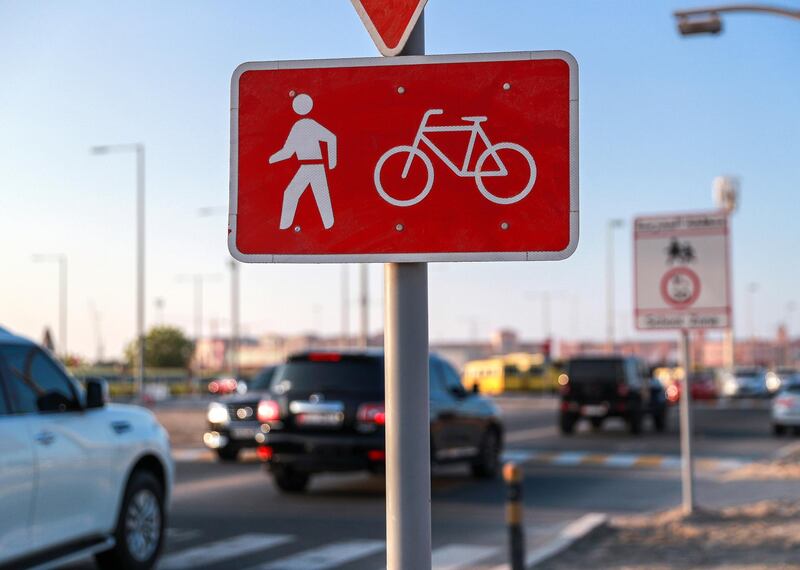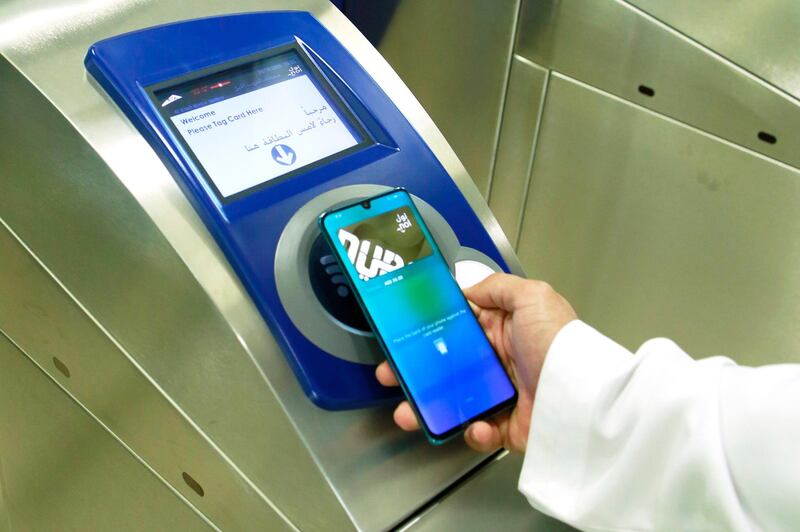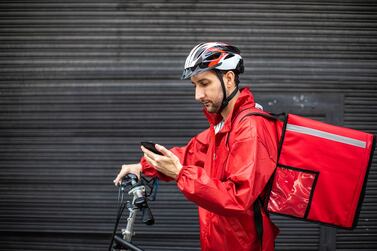Experts have warned the coronavirus pandemic could reverse efforts to reduce traffic congestion.
They say more people are using cars to avoid public transport because of Covid-19.
The pandemic has also led to a decline in those using carpooling schemes - which were becoming more popular before the advent of coronavirus.
While the levels of traffic on the world's roads remain low - especially in the UAE - that could change when more people return to the office after months of working from home.
“Carpooling was starting to take off here in the UAE but that’s not the case anymore because of the pandemic,” said Salam Baidoun, strategic partnership development manager in South Asia, the Middle East and Africa, for GPS provider, TomTom.
“We are monitoring traffic density around the globe hour by hour, day by day and I can say with certainty we will see more private cars on the roads in the long term at the expense of public transportation.”
The Department of Transport in Abu Dhabi introduced an online platform in late 2019 encouraging motorists to sign up to a carpooling service offering lifts to strangers, work colleagues and friends.
While Mr Baidoun said the scheme was initially a success, like carpooling services all over the world, it has slowed down due to people self-isolating as much as possible during the pandemic.
“A lot of people who would have previously used carpooling are reluctant now to share vehicles with other people, especially strangers, and prefer to travel in their own private cars,” said Mr Baidoun.
The used car market has experienced a global boom during the pandemic with people determined to avoid contact with others as much as possible.
The UK-based used car website Cazoo doubled its valuation in late 2020, while the US firm Cars.com reported a 25 per cent increase in shares value in October.
“While not everyone can afford to buy a brand new car, dealers are making it easier than ever to buy a car with lease to own offers in the UAE,” said Mr Baidoun.
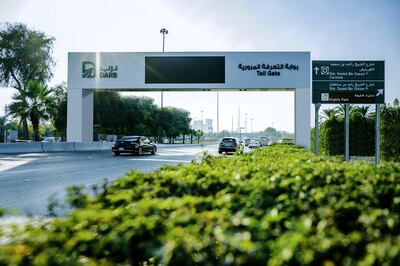
The World Government Summit last week released a study on the impact the pandemic would have on urban transport, warning plans to transform the sector could be set back by years.
“Its effects are spreading throughout the entire transport sector, and urban mobility is no exception,” it said.
“Public transport agencies, operators and other companies working in the mobility space have to contend with the fact that commuting and travel patterns may not recover to their pre-Covid-19 levels for several years.”
According to TomTom the level of congestion in the UAE still remains significantly lower than before Covid-19. On January 7 at 5pm rush hour, the level of traffic was 22 per cent lower than the same time and date in 2019. There were 138 traffic jams at that time in Dubai.
In Abu Dhabi, at the same time and date, the traffic was 7 per cent lower than in 2019 with 40 recorded traffic jams. Statistics for 2020 have not been released yet.
But as the situation improves, this could change. A recent study by Road Safety UAE suggested that more than half the cars on the emirates’ roads were single occupancy vehicles (54 per cent).
Of those vehicles, 67 per cent were driven to and from work.
Thomas Edelmann, managing director of Road Safety UAE, said carpooling remained an effective option to help reduce congestion, despite safety fears during the pandemic.
“If you have neighbours whose children who go to the same school as yours it would make sense to offer carpooling in the sense you could bring the children to school one day while they bring them the next,” he said.
“Another example is the amount of traffic from parents taking their children to school in the morning rush hours. If they sent them on school buses instead it would greatly reduce the amount of vehicles on roads.”
The key, he said, was to educate drivers about the importance of not making unnecessary journeys.
He said tolls were another way that governments were getting the message across about deterring drivers from making non-essential travel.
Abu Dhabi introduced a toll system on January 2, while the Salik system in Dubai was introduced in 2007.
“Salik in Dubai has been a great example of this, while in London they have had success with the daily congestion charges ($20) to get access to the city centre."

